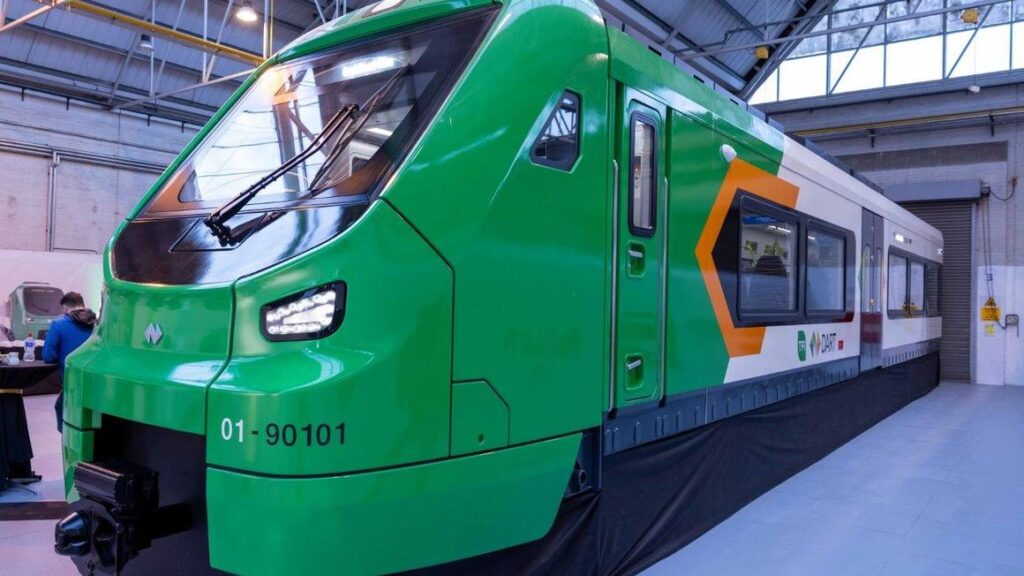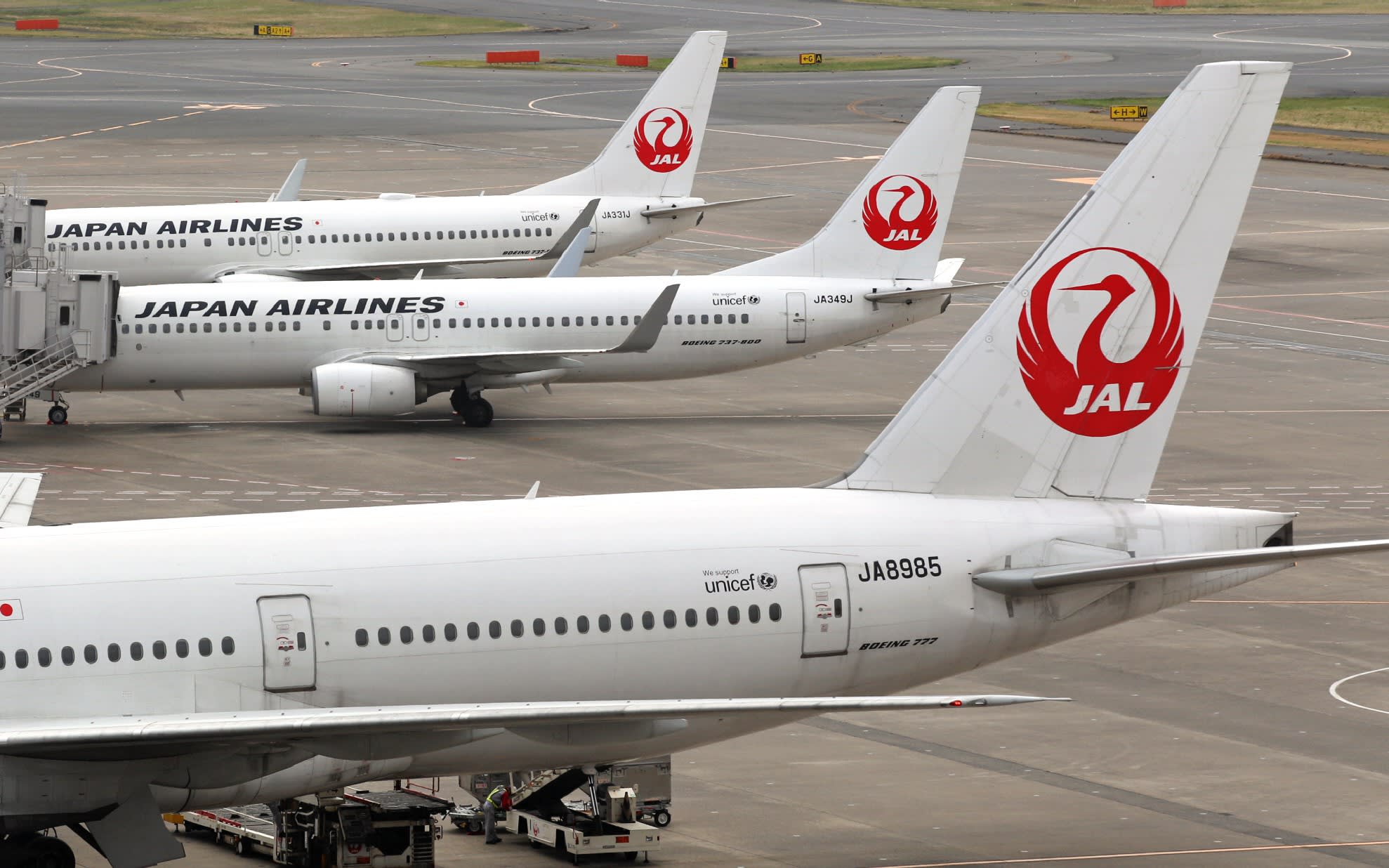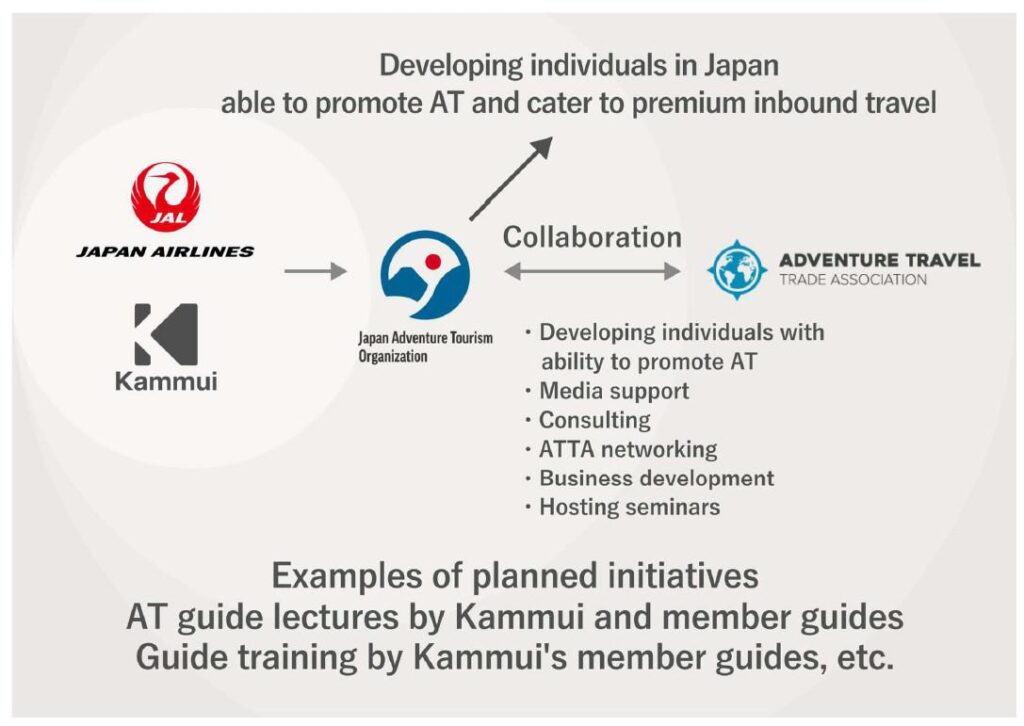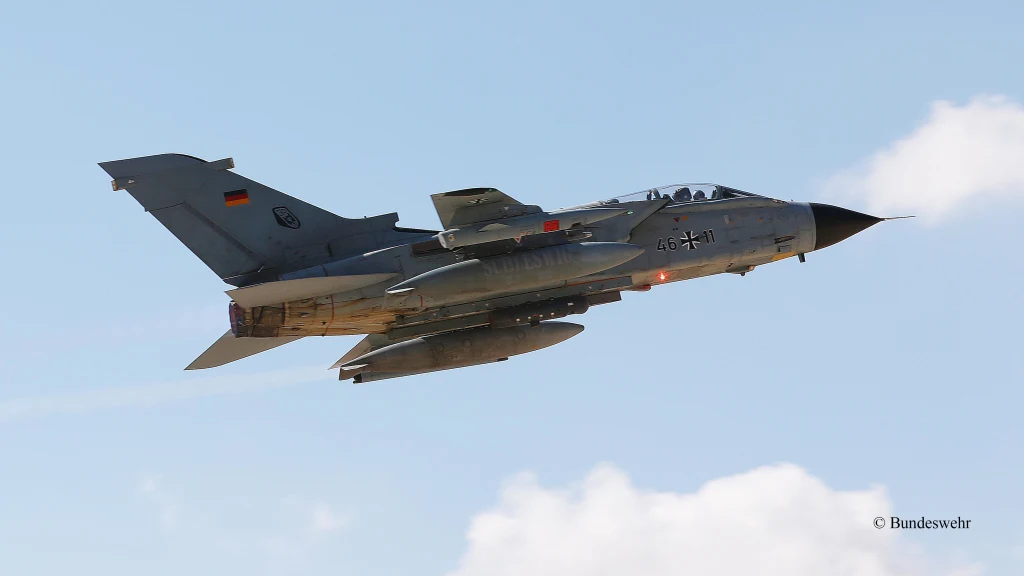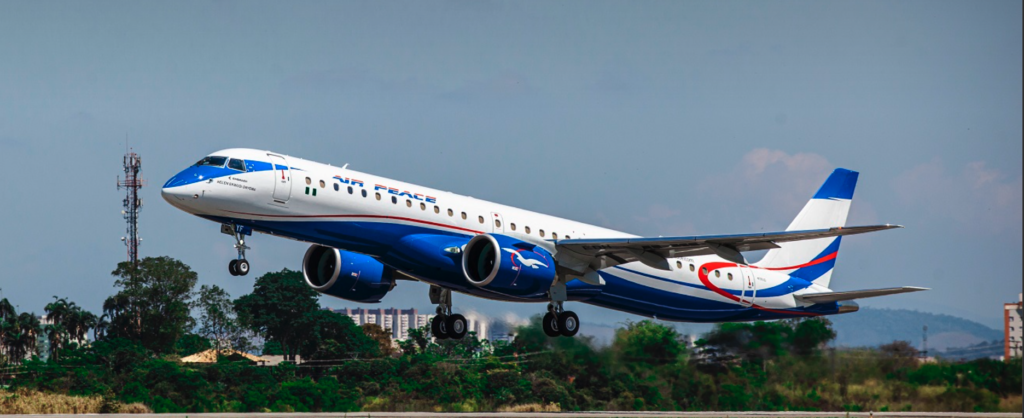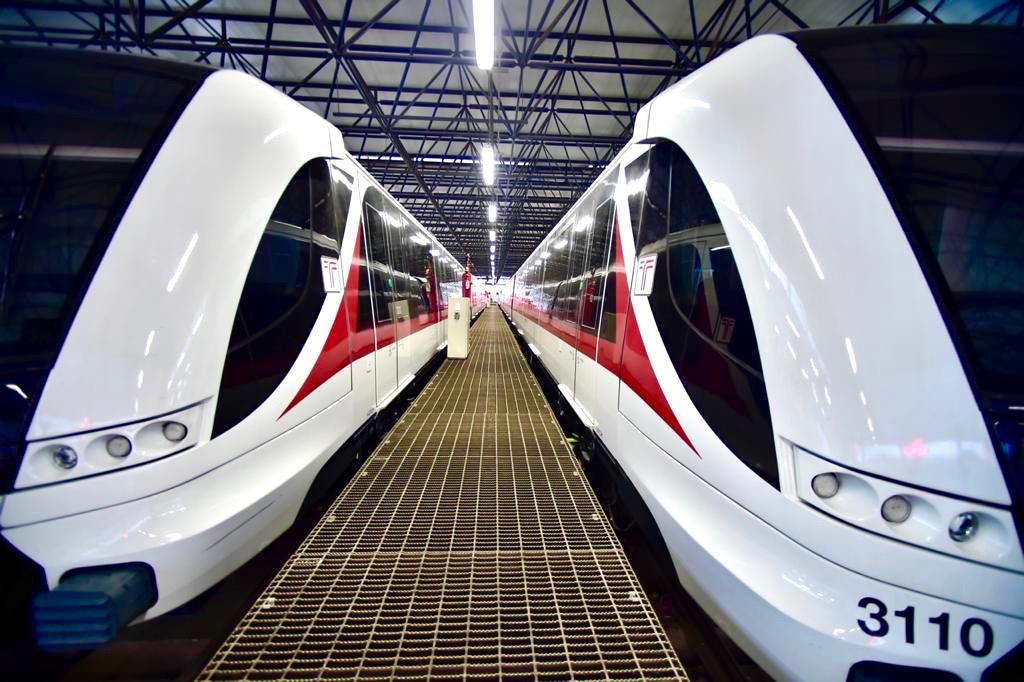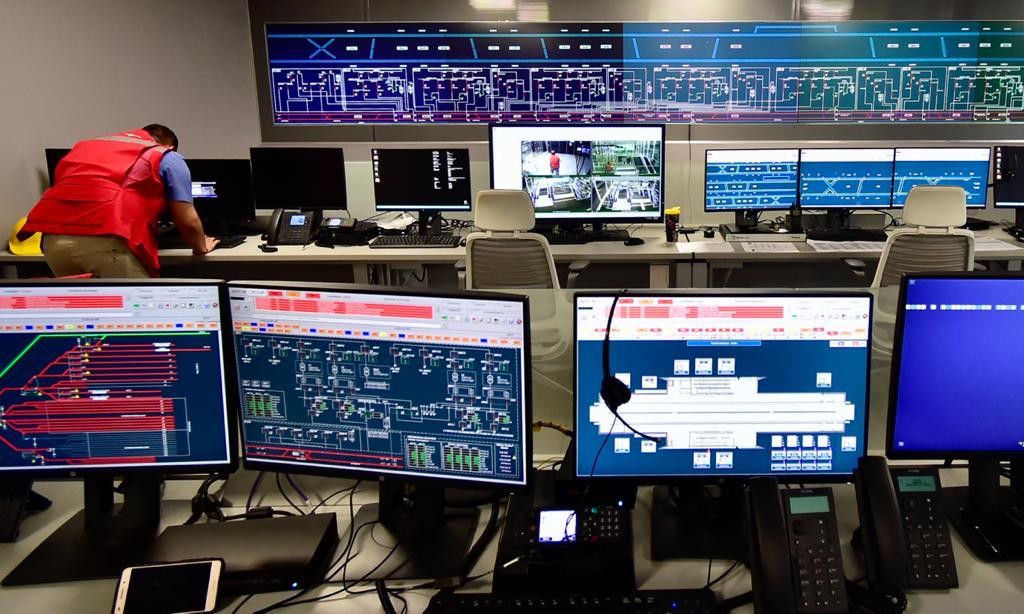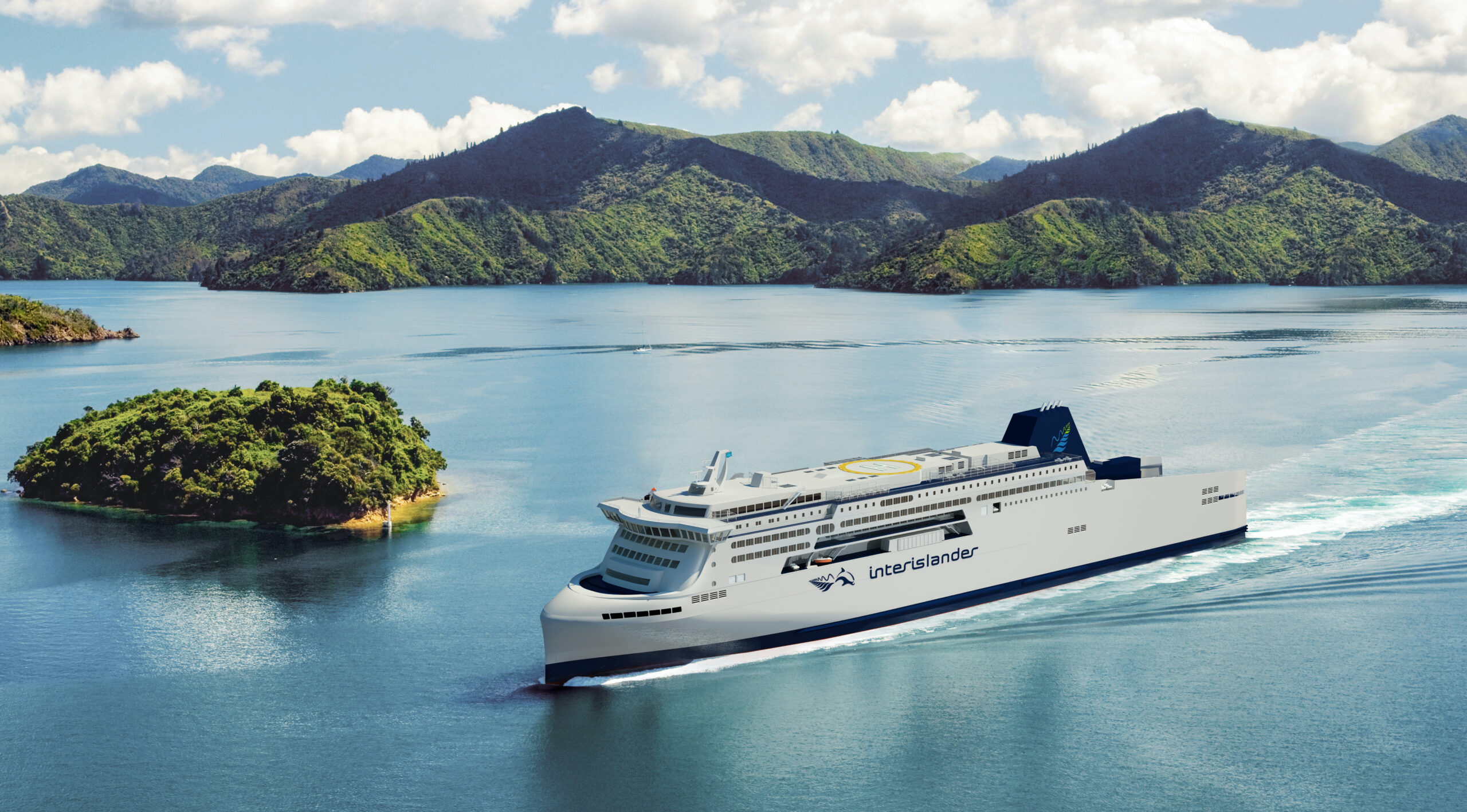August 23, 2023 – Alstom (OTC: ALSMY), the global leader in smart and sustainable mobility, has been awarded a groundbreaking contract by Irish Rail (Iarnród Éireann) to revolutionise rail travel and mobility on the Cork Area Commuter Rail (CACR) network. The project, set to enhance the rail service within the Cork metropolitan area, will feature Alstom’s cutting-edge signalling technologies – Smartlock Computer-Based Interlocking (CBI) system and European Train Control System (ETCS).
The CACR project aims to modernise and upgrade 62km of the rail network, stretching from Mallow to Cork, Cobh, and Midleton, creating a seamless, high-frequency unified suburban rail service for the people of Cork.
Alstom’s Smartlock Interlocking System: A Foundation for Safety and Efficiency
At the core of this transformative initiative is Alstom’s Smartlock CBI system. This state-of-the-art technology will serve as the project’s primary foundation, offering a safe, simplified, and maintenance-friendly solution. By directly interfacing with axle counters and trackside objects through SmartIO, the Smartlock system eliminates the need for intermediate relays, ensuring a robust, efficient, and streamlined operation.
ETCS: Ensuring Continuous Train Protection and Efficiency
In addition to Smartlock interlocking, the project will also feature the European Train Control System (ETCS) Level 1 trackside technology. ETCS is a train protection system that guarantees enhanced safety, efficiency, and reliability throughout the Greater Cork area. The implementation of ETCS further strengthens the commitment to safety and ensures a smooth, secure, and eco-friendly rail network.
